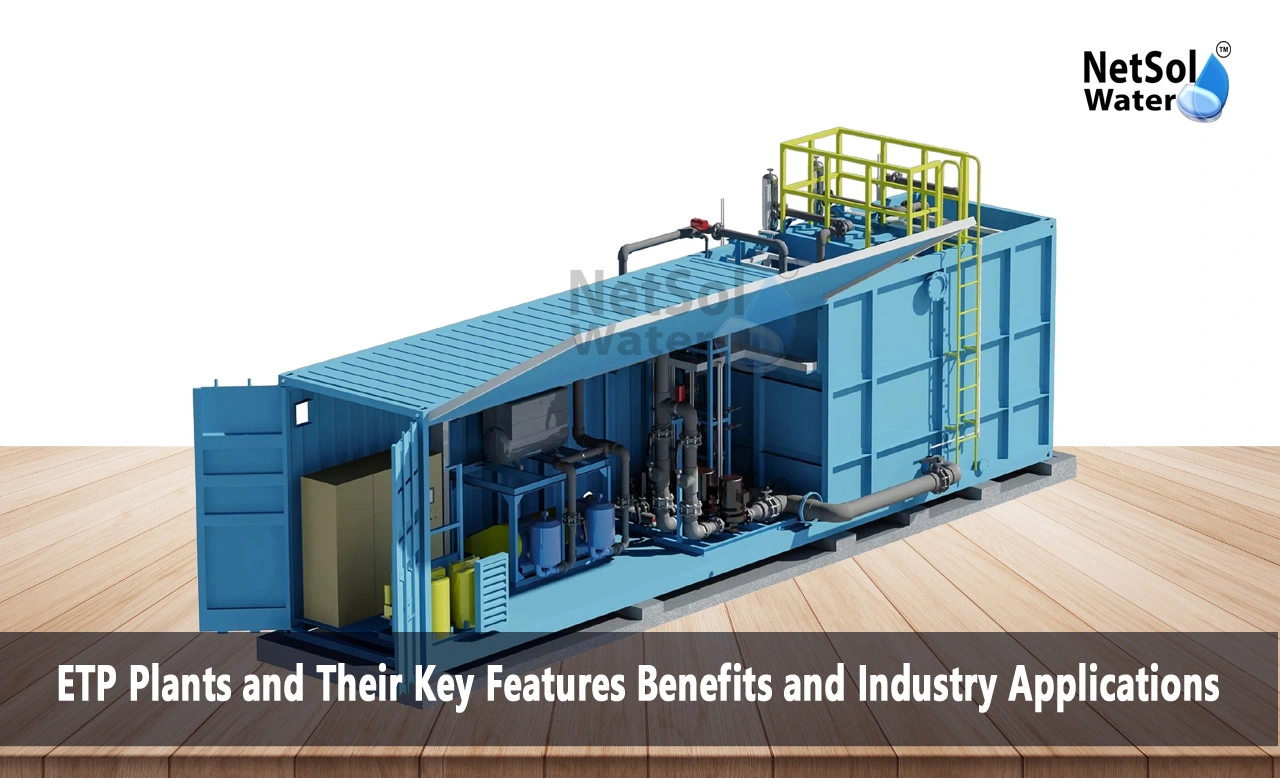ETP Plants and Their Key Features Benefits and Industry Applications
Effluent Treatment Plants commonly known as ETPs are important systems used to treat wastewater in order to be able to discharge it back to the environment. These plants are constructed in a way that they purify industrial wastewater by filtering out harmful substances to make water safe for use. We will discuss the various aspects of effluent treatment plants, what they have to offer and to which industries they are most applicable.
Key Features of Effluent Treatment Plants
Effluent treatment plants come with several important features that make them effective in treating wastewater:
Multi-Stage Treatment Process
ETPs utilizes several phases to remove pollutants from wastewaters, applying physical, chemical, and biological methods. The individual step has its own function for all the possible contaminants that may include, solid, chemical, and pathogenic bacteria.
Advanced Filtration Systems
Some of the features include the ability of ETPs to have effective filters that enable them to remove fine or even smaller impurities in the water. These systems may be classified as sand filter, activated carbon filter, membrane filter and are essential for the purification of the water.
Automated Controls
Most of the modern ETPs are equipped with a control system that assists in the operation of the treatment process. These controls are useful to observe the condition of water respectively and control the process of water treatment to gain the same outputs.
Sludge Management
In treatment process, there is a production of the solid waste that is referred to as a sludge. ETPs have provisions to handle this sludge and the processes by which it is dealt with are environmentally appropriate for its disposal or reuse.
Energy-Efficient Design
ETPs are expected to incorporate energy-saving features with the incorporation of latest technologies in the achievement of their tasks of efficient treatment of wastewater. This helps to bring down operating expenses, and thus make friendly impacts towards the tiny environment.
Benefits of Effluent Treatment Plants
Effluent treatment plants offer several significant benefits for both industries and the environment:
Environmental Protection
ETPs remove pollutants from the wastewater through tertiary treatment thus conserving natural water sources from pollution. This is important in natural conservation especially to the lives of water beings as well as securing water for human consumption.
Compliance with Regulations
The law has set standards of water quality which industries must meet when discharging their wastewater. ETPs assist companies in meeting these requirements thus avoiding cases of fines and lawsuits.
Reduction of Water Pollution
ETPs have the added advantage of releasing fewer pollutants into the environment. It reduces water pollution and since water forms a large part of life, the effects that comes with it are enormous.
Resource Recovery
Some ETPs are used primarily for the purpose of recycling certain materials from effluents these may include metals or chemicals as well as energy. But it also helps industries find another way to earn money, apart from cutting down waste products.
Improved Public Image
ETPs are used by companies that are concerned with environmental issues in order to show the public that they are environmental friendly. This can help the improve their image and enhance the ability to attract customers and investors.
Industry Applications of Effluent Treatment Plants
Effluent treatment plants are used across a wide range of industries, each of which produces different types of wastewater:
Manufacturing Industries
Textile industries, chemically treated industries, and electronics manufacturing industries release a significant amount of wastewater. These ETPs are useful for the treatment of this wastewater with a view of neutralizing unwanted chemicals and polluting substances.
Food and Beverage Industry
The food and beverage industry involves the use of water in many ways and therefore generates wastewaters that are saturated with organic matter, grease as well as suspended solids. Through ETPs, this water is treated to make it safe for discharge or re-use.
Pharmaceutical Industry
Companies and particularly pharmaceutical factories produce waste water which may contain API’s, chemicals and solvents. Regarding this water, ETPs must be employed to treat in order to avoid negative impacts on the environment.
Oil and Gas Industry
The oil and industry releases wastewaters which are laden with oil, grease and some other pollutants. It is employed to filter out these pollutants from the water in order to avoid polluting the environment.
Textile Industry
The textile industry contributes to the production of wastewaters inclusive of dye, chemical and other materials. These ETPs assist to treat this water and discharge it with pure water by filtering all the bad substances.
Conclusion
Treated effluent plants are very important in industries which produce effluent water so that the water can be treated before it is discharged in the environment. Some features of ETPs include multi-stage treatment, more advanced filters, and automated controls, among which environmental preservation, compliance with set rules and legislations, and resource utilization are considered useful in the system. Employing ETPs is beneficial for both the environment and the industries since they help in reducing pollution and enhancing productivity.
Do you need an advice or assistance on selecting the best water and waste water treatment unit? We have solutions for all your problems!
Let us know your problem, our experts will make sure that it goes away.
For an assistance or related query,
Call on +91-965-060-8473 Or write us at enquiry@netsolwater.com



